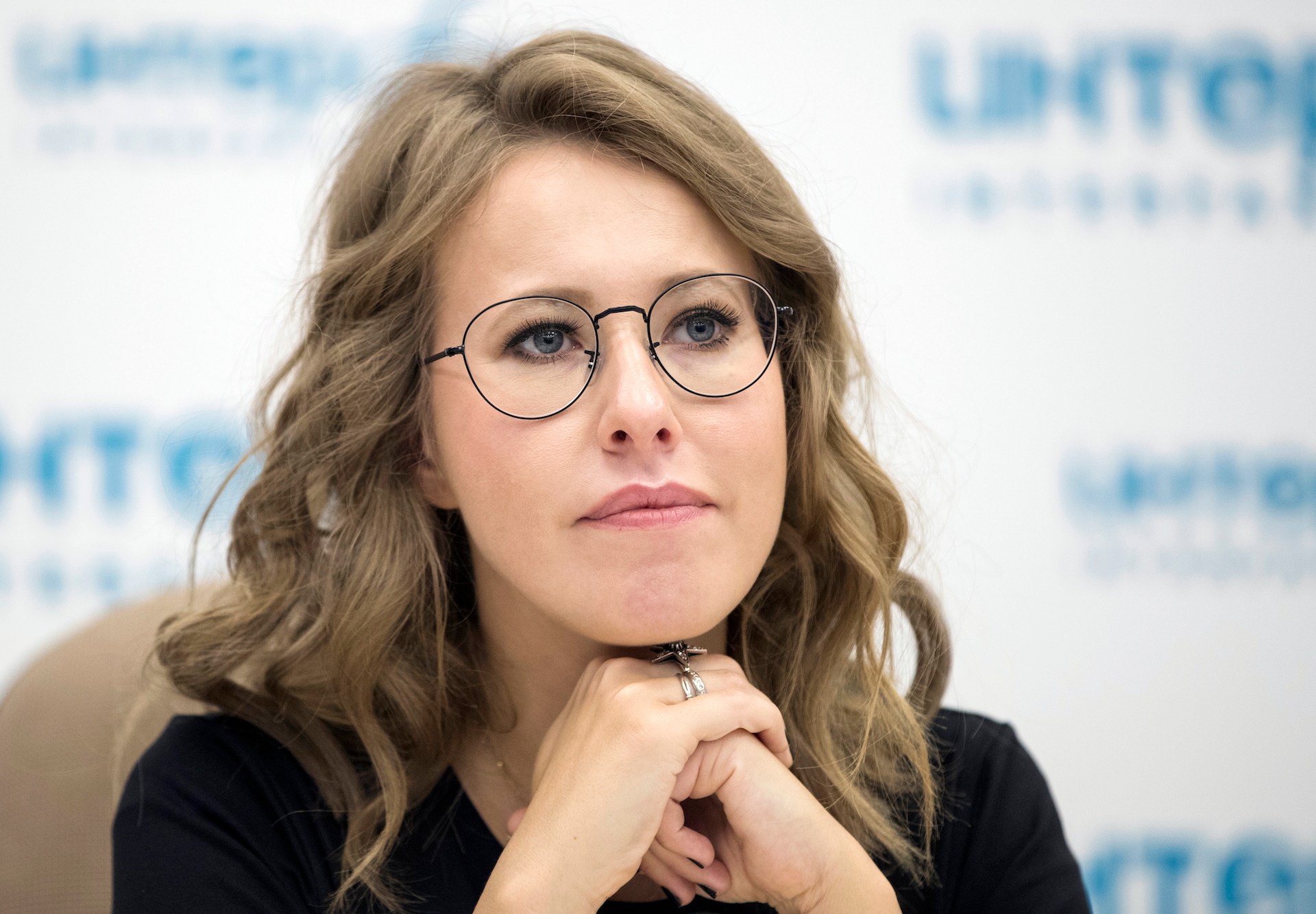Luxembourg’s backing for ‘clear membership calendar’
“The Copenhagen summit must be Helsinki plus,” said Luxembourg’s Prime Minister Jean-Claude Juncker at a joint press conference with Erdogan and explained an accession calendar for Turkey must be clarified at the summit that will take place on Dec. 12-13.
“The road map for Turkey’s accession should be evident,” said Juncker, emphasizing that discussions on whether Turkey will be an EU member should no longer be in place after Copenhagen.
The Luxembourg prime minister did not say however that this meant Turkey should be given a date for starting entry talks with the union. “Setting a date is not sine qua non. But the date issue should be all clear from Copenhagen on,” he said and called on the EU to abide by its promises made or to be made to Turkey.
Erdogan, banned from entering Parliament for a past conviction for inciting religious hatred, was received like a prime minister in Luxembourg.
Juncker said he would like to see obstacles preventing Erdogan’s taking his rightful place in Parliament removed.
“We are determined to make Turkey a country of freedoms,” Erdogan told the press conference and asserted that EU membership was a top priority for the AK Party government.
He said Turkey’s obtaining a talks date in the Copenhagen would be a message for the world that the EU was based on a unity of political values.
Spanish Prime Minister: Turkey should be given a strong signal in the Copenhagen summit that would open the doors of the EU
Erdogan’s talks in Luxembourg came against an optimistic background of apparently growing prospects for Turkey’s winning a date for starting membership talks with the EU in Copenhagen.
Turkey should be given a strong signal in the Copenhagen summit that would open to it the doors of the EU, said Spanish Prime Minister Jose Maria Aznar.
“I personally have a very clear perspective on Turkey. I believe that it is a strategically significant country and it has a place in Europe,” the Spanish premier told an Italian TV channel after talks with his Italian counterpart Silvio Berlusconi in Italy, and added that Italy’s stance is very close to that of Spain.
“Hopes are now rising that a deal can be struck in Copenhagen to give new impetus to Turkey’s membership ambitions while resolving the division of Cyprus,” commented the Independent in the Friday issue and said Turkey might start talks in 2004, provided that it fulfills key political criteria for accession.
The newspaper said Ankara’s willingness to help for a solution on the island and resolve a deadlock over the implementation of plans to operationalize a European army would boost prospects for a date for talks at the Copenhagen summit and commented that former French President Valery Giscard d’Estaign’s remarks against Turkish membership “backfired”, with the French government being forced to disown Giscard’s comments.
Richard Holbrooke, a former U.S. ambassador to the United Nations and former President Bill Clinton’s special envoy for Cyprus from 1995-97, agreed and said d’Estaign did an “enormous favor” to Turkey, since his comments scrambled European public figures to deny Europe could ever harbor racist feelings towards Turks.
The esteemed diplomat said there were many things at stake in the forthcoming Copenhagen summit and argued that the best outcome to emerge out of the summit would be the one which will invite Greek Cyprus into the EU, give Turkey a starting date for talks and ensures therefore that the Cypriot side will start negotiations on the basis of a U.N. solution plan.
“That would be a real trifecta,” he wrote in the Washington Post.
New government improves prospects
Having set the EU membership as a priority, the reform pledges of the AK Party government have also been pleasing the EU. AK Party leader Recep Tayyip Erdogan has been touring European capitals in an effort to convince EU leaders that Turkey did deserve a date for talks, while the government at home is working to enact a package of reforms ahead of the Copenhagen summit.
“It seems the package contains all key political reforms,” said Danish Ambassador in Ankara Christian Hoppe, who described the proposed reforms as promising.
The package contains proposed steps to wipe out torture, extend freedom of association and expression and allow retrial on the basis of European Court of Human Rights verdicts.
“Whatever the decision of the Copenhagen summit is to be, this decision will push Turkey closer to the EU,” he told a conference in Ankara.
During his tour to European capitals, Erdogan said the EU leaders were still undecided on whether or not to give Turkey a date at the Copenhagen summit but pledged that the reform process would continue, even if Turkey would not get what it wanted in Copenhagen.
“No one in Europe never expected that the new conservative Islamic government of Turkey could shock Europeans to such an extent with its planned reforms and overture to Europe,” said Frankfurter Allgemaine newspaper in an article while commenting on Erdogan’s trip.
Holbrooke also praised Erdogan’s trip, saying he has skillfully lowered fears about his party’s intentions with his tour of European capitals and suggesting a “more forthcoming policy toward Cyprus.”
Erdogan has countered a firm premise of Turkish foreign policy when he said Turkey’s EU bid was interrelated to a solution in Cyprus.



